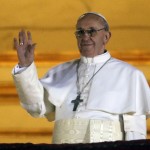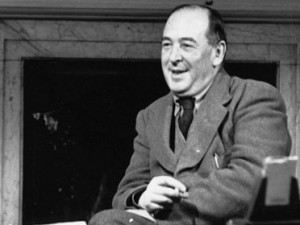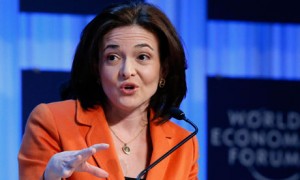The new pope, Francis, faces enormous challenges. As a rabbi, I can’t offer specific advice on doctrine or practice It would not only be audacious, but meaningless for me to suggest liturgical or clerical reforms that might help the church fulfill its mission.
What I can do is reference a Christian writer from whom I have learned a great deal. He is a writer familiar to many because of his famous children’s book series, The Chronicles of Narnia. He was also a profound and influential religious thinker.
The book I have in mind for Pope Francis to read is The Abolition of Man. It is Lewis’s protest against moral relativism. Relativism is the belief that all moral claims are relative, and we can’t say that one system is better than any other. It is the default worldview for many in the West today.
How the Pope Can Transform the Conversation
As the paramount religious figure in the world, even though he only represents Catholics, the Pope can be a voice challenging moral relativism. He can challenge secular values not with a sectarian desire to convert the world to one particular religion.
Rather, he can speak about essential moral principles. Our survival may depend on it. Here is what he can learn from Lewis, who called these shared principles The Tao.
1. Societies depend on basic communal laws: These include the prohibition of murder, of theft, and the love of neighbor. These values help prevent social deterioration.
2. Societies depend on the basic family unit: We give greater love to certain individuals: our spouse, our children, our extended family. We owe them more than we owe others. The stability and maintenance of families is a broad moral concern on which the Pope can speak in non-divisive way.
3. Societies depend on basic personal virtues: We need to do a better job of teaching character formation. Honesty, generosity, and kindness are virtues religion can inculcate in children and adults. Without them, the world we inherited from our parents and grandparents will not last long.
 May Pope Francis embrace the opportunity to not only be a voice for the Catholic Church, but a teacher and voice to all those who care about the presence of God in the world.
May Pope Francis embrace the opportunity to not only be a voice for the Catholic Church, but a teacher and voice to all those who care about the presence of God in the world.


